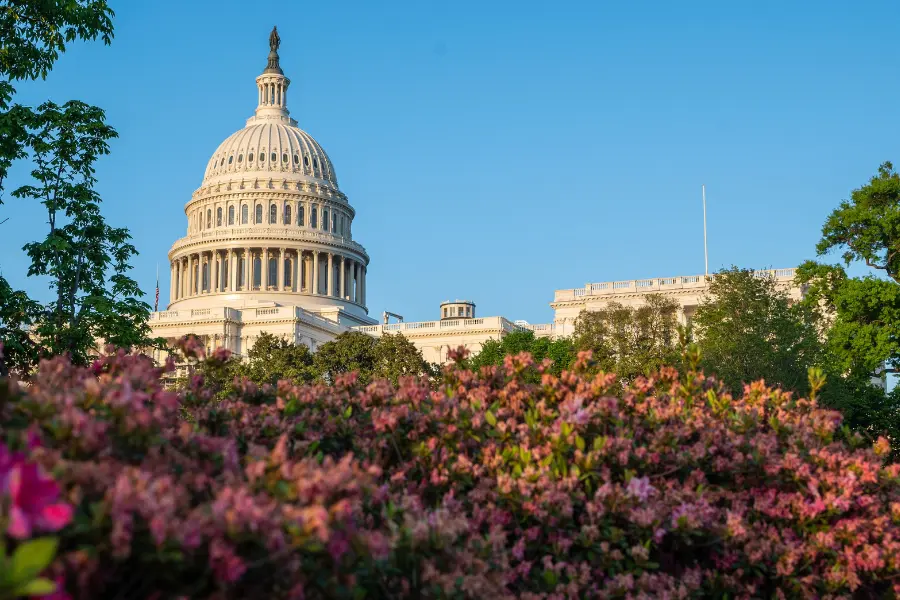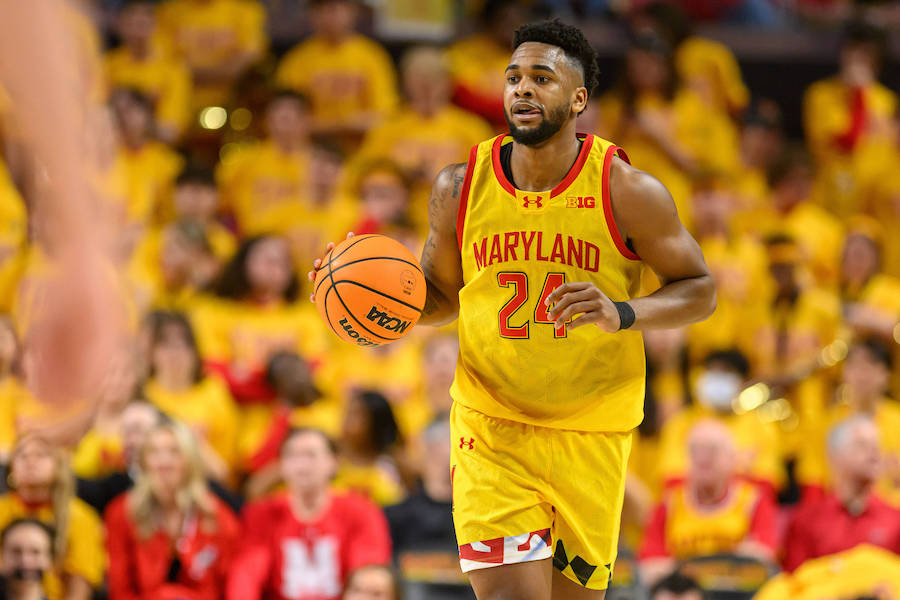In a unanimous vote, the Maryland Lottery & Gaming Control Commission selected New Orleans-based The Innovation Group to perform the study.
The commission staff reviewed five proposals, then announced that The Innovation Group was No. 1 in Technical Rank. While the company ranked just third on price – offering to do the study for $86,000 – the commission’s Chief Operating Officer of Lottery & Gaming, James Nielsen, concluded that the price difference was insignificant compared to the overall merits of the winning bid.
Commission member Harold Hodges was told in response to his query that the history of The Innovation Group’s previous similar analyses was an important factor. “Minor mistakes” in the submissions of several bidders also was said by Nielsen to be an eliminating factor.
In a memorandum to the staff, Nielsen noted:
“The General Assembly is generally interested in understanding the current regulatory landscape for iGaming; the estimated market in Maryland; the potential economic impact of legal regulated iGaming on Maryland’s brick-and-mortar casinos, other gaming venues, and the [Maryland State Lottery & Gaming Control Agency]; the experience of other states; methods to transition individuals from the illegal iGaming market to the legal market; and the impact on problem gambling. The iGaming report is intended to help the General Assembly in this regard.”
The proposals met a July 17 deadline for requests for proposals, and the commission acted quickly.
“We believe that holding this approval item for the Commission’s August meeting could jeopardize meeting the Budget Committees’ deadline, so we are presenting it now,” Nielsen said in his memorandum.
The Assembly’s Budget Committee has directed that the report be submitted by The Innovation Group on Nov. 15. That would set the stage for legislation endorsing online casino gaming legislation to be introduced early next year.
Passage of such a bill and approval of Gov. Wes Moore would then lead to a statewide referendum on the issue in Nov. 2024 – with success there leading to online casino gaming coming to Maryland in 2025.
Keeping Up with the Neighbors
Three of Maryland’s four neighboring states – Pennsylvania, Delaware, and West Virginia – already offer online casino gaming. Virginia does not, but that state has been steadily increasing its legal gambling footprint in recent years.
To the north, New Jersey and Connecticut also have online casino gaming, and Rhode Island has legalized the games but has not yet launched.
The only outlier in the U.S. for also offering online casino gaming is Michigan (Nevada only offers online poker, and online revenue is meager). Historically, a neighboring state offering a new gambling amenity has been the best predictor of when each state will legalize it.
One likely eye-opener for many Maryland lawmakers will be when how much more lucrative online casino gaming is for state coffers than sports betting, which is now offered in three dozen states.
For instance, New Jersey’s decade-old online casino gaming industry brought in $930.8 million in revenue in the first half of 2023, while sportsbooks collected a mere $440.8 million – even though the latter figure was up nearly 43% over the first half of 2022.
The bottom line for many legislators, of course, likely will be state tax revenue. In New Jersey, the figures for the first half of 2023 were $139.6 million from online casino play compared to $55 million.
The other states with legal online casino gaming also gain more tax revenue vs. sports betting, with the gap widening as the former becomes more well-known to the state’s residents.
New Jersey has about 50% more residents than Maryland, but the latter state’s tax collection still projects to close to $100 million annually once the market matures – assuming Marylanders have the same appetite for such gambling as their peers do in New Jersey.
What’s Next for Maryland?
Maryland’s legislative leaders in seeking online casino gaming legalization are State Senators Ron Watson and Nancy King. Their efforts failed in this year’s session, but the lawmakers at least were able to raise awareness of the issue. That led to the state Assembly directing that a study be undertaken to better inform them and their Senate colleagues of the potential ramifications of legalization.
Watson has spoken out against the way that Maryland sports betting was launched, saying that minority-owned companies were not given a sufficient opportunity to succeed. A revised online casino gaming bill introduced next year that addressed that concern could prove to be key in the approval of such a measure.
The commission also voted on amendments to a variety of state gaming regulations, including an effort to make progress on how to implement the state’s authorization of independent evaluators to be licensed to review Maryland mobile sportsbook apps.
Also preliminarily approved was the granting permission of casino employees aged 18 to 20 to be present on gaming floors while they are working, and universities being prohibited from entering into a contract with a sportsbook that would allow the sportsbook to profit from signing up university students for sports betting accounts.







